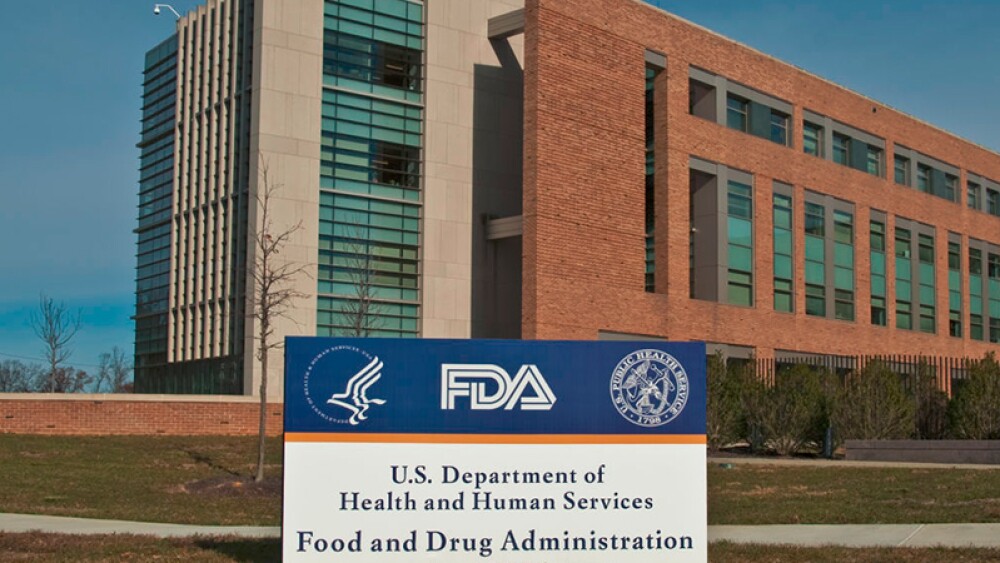December 16, 2016
By Mark Terry, BioSpace.com Breaking News Staff
Cambridge, Mass. – Agios Pharmaceuticals announced yesterday that after a verbal notification from the U.S. Food and Drug Administration (FDA) of a clinical hold on its clinical trial of AG-519, it is withdrawing its investigational new drug (IND) application and halting the program.
The company confirmed that its ongoing Phase II (DRIVE PK) for AG-348, an activator of both wild-type and mutated PKR enzymes to treat pyruvate kinase (PK) deficiency, remains unchanged.
In the U.K., AG-519 was studied in a Phase I trial in healthy volunteers to determine safety, tolerability, pharmacokinetics, pharmacodynamics and bioavailability. A case of drug-induced cholestatic hepatitis was observed in the bioavailability part of the trial. No other side effects have been observed. Cholestatic hepatitis can damage the liver. The patient was taking a 300 mg dose of the drug when the disease occurred, and David Schenkein, Agios’ chief executive officer, told Endpoints News that “she’s improving.”
“We share the FDA’s commitment to patient safety and believe this is the right decision to ultimately help people with PK deficiency,” Schenkein said in a statement. “As the lead compound in our PKR program, AG-348 has demonstrated clear proof of concept with robust, rapid and sustained increases in hemoglobin in patients with PK deficiency. Based on our clinical experience with DRIVE PK, we are developing a registration path for AG-348 in adult PK deficiency patients and plan to discuss this strategy with regulators.”
PK deficiency is a rare inherited disease that results in severe destruction of red blood cells, or hemolytic anemia. Current treatments are supportive, and include blood transfusions, splenectomy, and chelation therapy. It has been associated with more than 250 different genetic mutations.
Although the company appears to be putting a positive spin on the decision, analysts are skeptical. There is more data on AG-348, but John Carroll, writing for Endpoints News, says, “analysts have been questioning whether a more potent 519 could make for a better gamble than a drug with a waning impact. Investigators also recorded evidence of aromatase inhibition for AG-348, says Schenkein, but without clinical impact. AG-348, he adds, ‘is a terrific drug with compelling data.’”
Michael Schmidt, an analyst with Leerink, isn’t quite so sure. In a recent update, he wrote, “Follow-on compound AG-519 appears to be slightly more potent, at least based on pharmacodynamics (PD) markers while lacking aromatase inhibition of AG-348. One drug-related serious adverse event (SAE) of cholestatic hepatitis at a high dose level is being investigated, but the dose expected to move into Phase III is expected to be significantly lower according to management.”
In addition to the two compounds for PK deficiency, Agios has AG-120 and AG-220 for cancers with IDH1 and IDH2 mutations.
Agios took a hit at the news, trading at $55.94 on December 15, and currently trading at $45.30. It’s been a volatile stock this year. Shares traded on February 11 for $35.76, rose to $66.09 on June 8, dropped to $36.35 on September 2, and traded for $67.25 on November 15.





